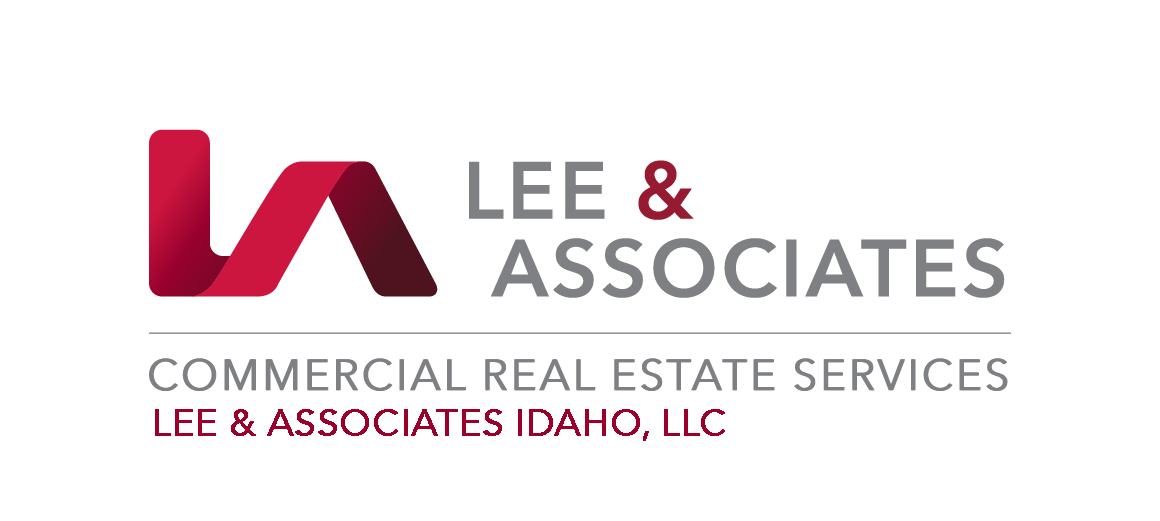How Commercial Real Estate Behaves in a Normal Recession?
/Commercial real estate is a significant contributor to the overall economy and is an important asset class for many investors. In times of recession, commercial real estate can be affected in a variety of ways depending on the type of property, location, and other factors. This blog post will discuss how commercial real estate behaves in a normal recession.
First, defining what a "normal" recession means is important. A recession is typically defined as a period of economic decline characterized by a decrease in the gross domestic product (GDP) for at least two consecutive quarters. During a recession, consumer spending typically decreases, leading to a slowdown in business activity.
One of the most significant ways that commercial real estate is affected during a recession is through decreased demand for space. As businesses struggle to stay afloat during tough economic times, they may downsize or even close, decreasing demand for office, retail, and industrial space. This can result in higher vacancy rates and lower rental rates as landlords compete for tenants.
Office space is often the most affected during a recession, as companies may choose to reduce the amount of space they occupy or even move to less expensive locations. This can lead to decreased occupancy rates and rental income for office landlords.
Similarly, retail space can also be affected as consumers may cut back on discretionary spending during a recession. Retailers may struggle to stay afloat, leading to store closures and higher vacancy rates. In addition, e-commerce has become an increasingly popular way for consumers to shop, which can further impact brick-and-mortar retail space.
On the other hand, industrial real estate may be less affected during a recession as demand for warehouse and distribution space can remain steady or even increase. This is because companies may choose to focus on e-commerce and online sales during tough economic times, leading to increased demand for warehouse and logistics space.
Another way that commercial real estate is impacted during a recession is through financing. Lenders may become more cautious and tighten lending standards, making it more difficult for developers to secure financing for new projects. This can result in a slowdown in construction activity and a decrease in new commercial real estate supply.
In summary, commercial real estate behaves differently in a normal recession, depending on the type of property and location. Office and retail space may be more affected, while industrial real estate may be more resilient. Financing can also become more difficult to obtain, leading to a slowdown in new construction activity. As with any investment, it's important to consider the potential risks and rewards of investing in commercial real estate during a recession and consult with a financial advisor to determine the best course of action.
As everyone knows, the “real estate market” is a very broad term. Different locations have different markets, and the Treasure Valley markets don’t necessarily react like a sub-section of New York or San Francisco’s markets. If you are interested in chatting about the local Treasure Valley market during these interesting times, call me, and let’s catch up.
Chase Erkins
chasee@leeidaho.com
208-789-4900



